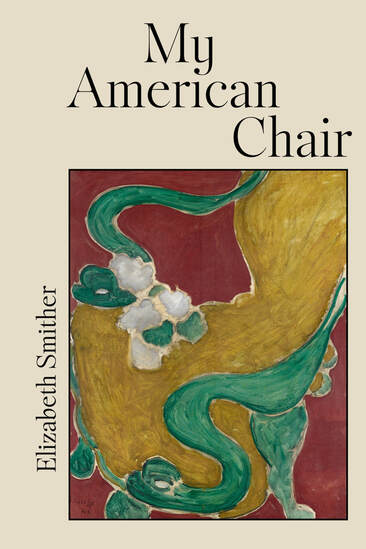
by Elizabeth Smither
She is a serene and hugely well-informed tour guide, Elizabeth Smither, as she takes us through her latest poetry collection. Poems lead from one into the other, and they present their levels of meaning to us as though this were the easiest trick in the world. (It isn’t.)
All day in the hotel room
in a red chair by the picture window
I am looking at cranes.
On the fourth floor I am level
with the new fourth floor they are building. (‘Cranes’, p5)
The title opens for us a possibility of talking Japanese art, as do the first three lines, but in the second stanza, we have no choice but to focus on a modern, industrial city. The first poems in the collection all use this conceit: but cardinals are not balloting below the chimney smoke, the cigarette dog doesn’t smoke, the fire brigade doesn’t haul baggage.
In ‘Blossoms’ (p 35) we are told:
This year they come in billboards, not in trees,
flat, eye-catching squares, thick
as embossed paper, creamy and deckled
a blossom advertisement along an avenue.
And the ‘Port Hills, Canterbury’ (p 40), are
Not ‘magnificent’, far more slippery
as they tread with giant steps through gorse
or peer over a road they’ve made perilous ...
Nice trick, if you can do it, and Smither certainly does.
Part II of the book reads more like narrative, reminiscences, from one person’s unique and focussed memory. ‘The man in the hammock’ (p 47) starts with
My neighbour has strung a hammock
between the posts of her veranda
and in it, near midnight, a head arises.
But rather than open out into scary possibilities, pulling up other than the one action, the poem goes on with a simple description of the moonlight, the garden scene and matter-of-factly ends “Sleep well foreheads, man and moon.”
It’s very impressive, watching a poem focus on the here and now, resisting the (perfectly legitimate) invitation to wallow in metaphor. This, taken along with the exquisitely careful choice of words, gives us the smooth pleasure of the poem as part of a “how could it be otherwise?” experience.
The last poem in the collection is ‘A wild book’ (p 87). It illustrates how Smither is both sticking to the focus while moving images from level to level, like some sort of verbal puppet show. The first stanza:
After a day of dreadful disorder
you offered me a bed and a meal
and afterward an art book.
But then it ends:
Before I reached the end – slices of life cut through
by each now knife-edged page – a calm
(it might have been the page of The Scream)
dissolved the bed and the chicken, your fine
conversation which calmed everything, and the book
on my lap was reverently shut again
while outside, when darkness fell and stars
like the numbered pages came to glow
the peace of a wild book descends.
Lovely craft, lovely book.
Author: Elizabeth Smither
Publisher: Auckland University Press
ISBN: 978 1 86940 960 9
RRP: $24.99
Available: bookshops

 RSS Feed
RSS Feed
